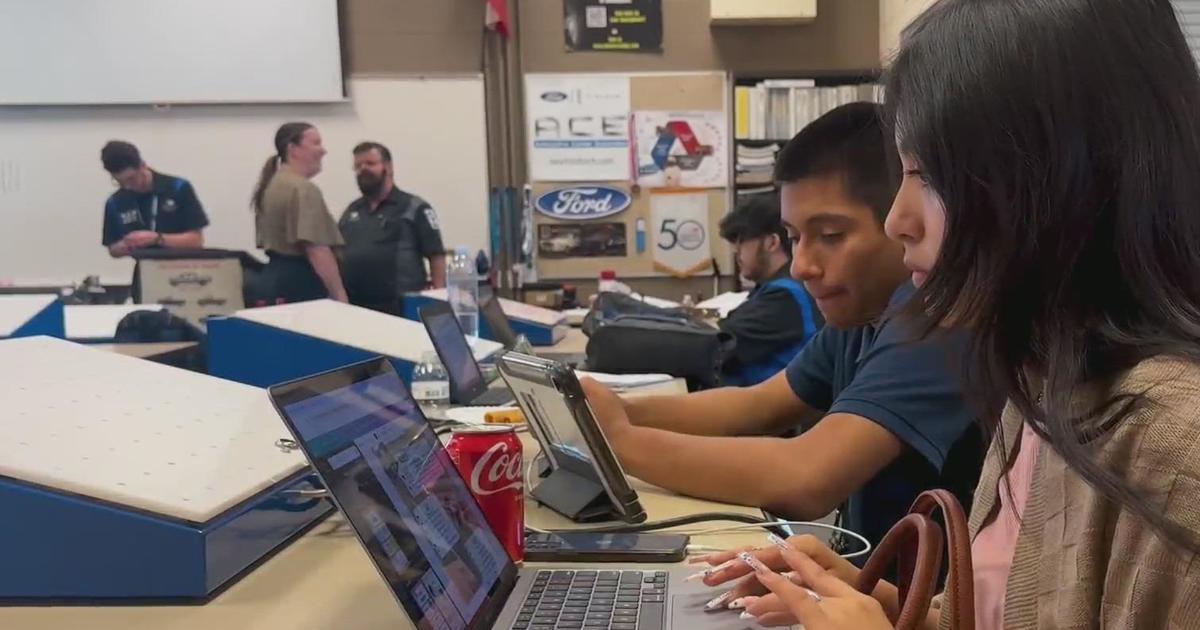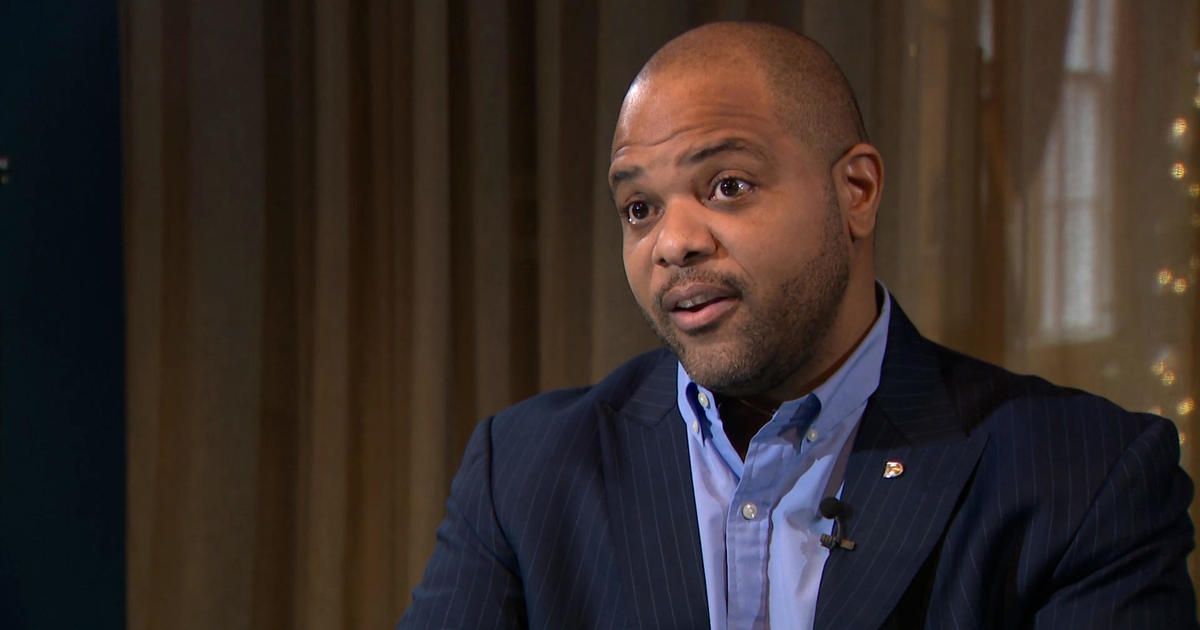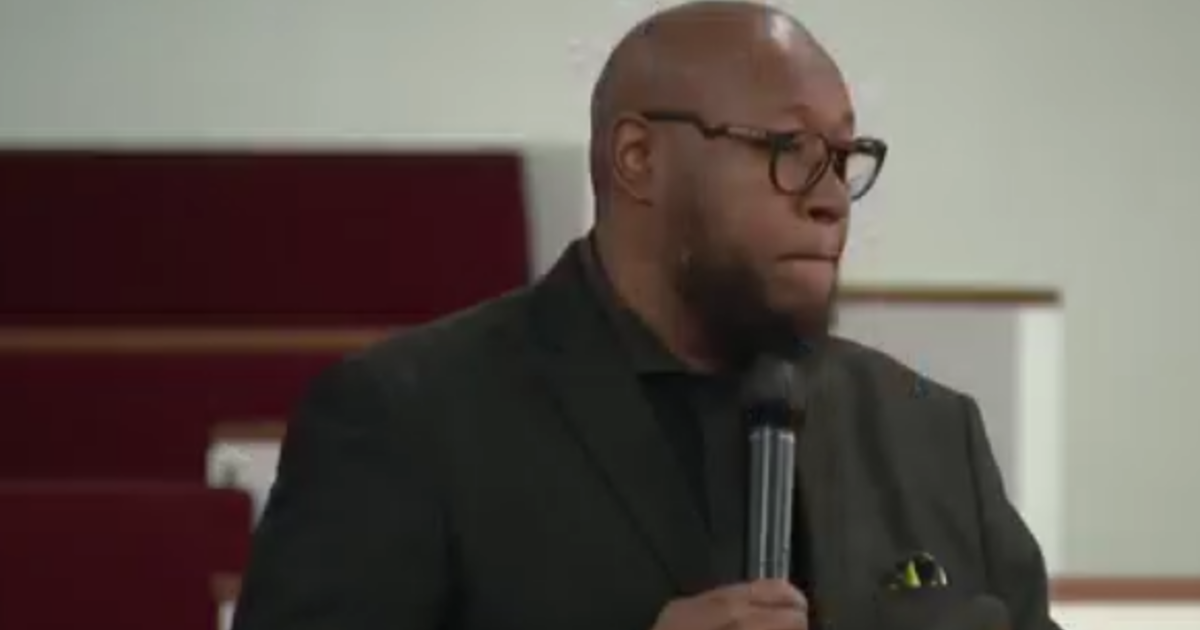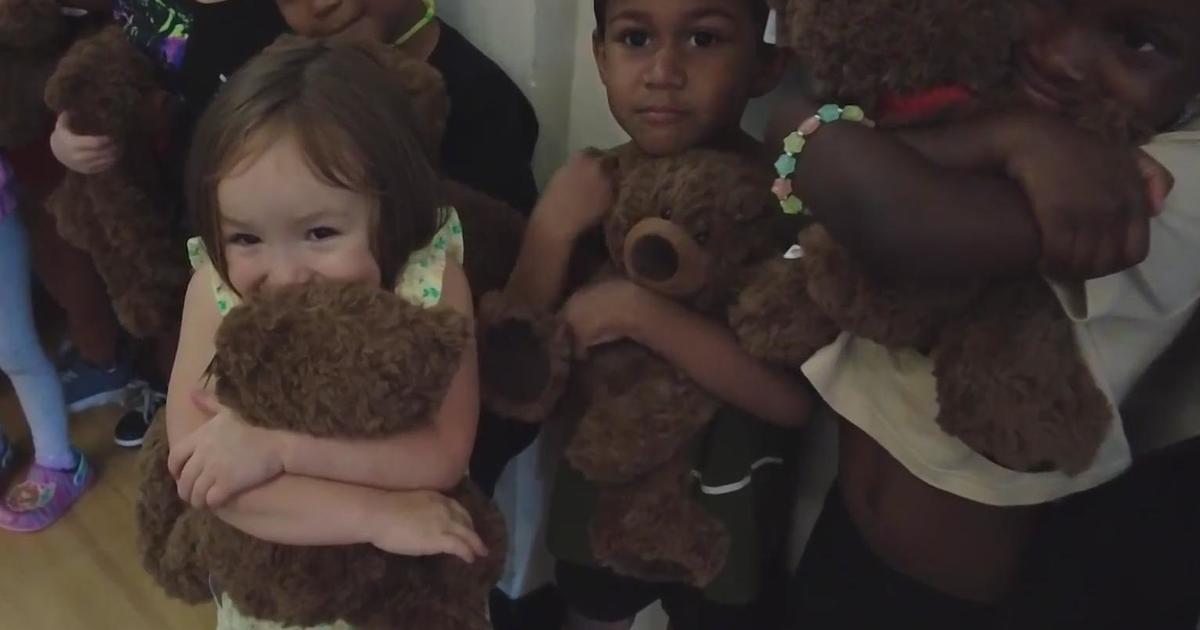Dallas FBI warns Texas universities about intellectual property theft by Chinese government
DALLAS (CBSDFW.COM) – The FBI in Dallas recently warned about 100 administrators and faculty members at universities across Texas about the threat of intellectual property theft by the Chinese government.
The Special Agent in Charge of the Dallas FBI at the time, Matthew DeSarno, said what's being targeted is the research being conducted on college campuses.
"There are adversaries out there who are trying to steal as much intellectual property as they can to accelerate their own advancement," he said.
DeSarno retired from the FBI at the end of October after 25 years of service.
On the same day his agents at the Dallas headquarters welcomed dozens of university officials, DeSarno discussed with reporters his top concerns.
"Cyber in general, that's both criminal cyber and national security cyber and the ongoing, overt efforts of the Chinese Communist Party to replace the United States as the global power," DeSarno said.
During the conference, officials discussed how the universities could protect their research, often funded by American taxpayers, from being stolen by visiting scholars who could simply transfer the work back to their own universities in China and other countries.
DeSarno said, "I think the key is awareness, the understanding of what are the motives of the Communist Chinese Party."
He told reporters about a case at UNT in Denton.
After being briefed by the FBI in the fall of 2020, the university suspended hosting 15 scholars funded by the Chinese Scholarship Council.
DeSarno said, "There were researchers who were part of a Chinese scholarship program who were required to send all of their research back to Beijing. Once it became clear to them that was the case, they made the expulsions."
UNT told CBS 11 its representatives attended the FBI's conference and that "UNT takes seriously its responsibility to protect intellectual property and to work with authorities to prevent against cybersecurity attacks and the threat of stolen intellectual property."
The case at UNT came one year after a highly publicized incident involving data security and intellectual property loss at MD Anderson Cancer Center in Houston, which fired three scientists after federal authorities expressed concerns.
Dr. Tedd Mitchell, Chancellor of the Texas Tech University System, also addressed the conference. "We are a target."
During an interview, he told me their system had a similar incident.
They discovered a researcher didn't disclose an affiliation with a university in a foreign country. "We don't know exactly what was lost. What wound up happening was that particular individual wound up leaving the country and that's the whole problem with this is when you have folks that are embedded in your labs, we don't know exactly what all is being lost."
While Mitchell said they want their professors to be collaborative, they've taken action to prevent future problems.
For the past 18 months, the Texas Tech University System has had professors sign conflict of interest statements to ensure they're only working for their university.
While they had previously conducted background checks on visiting researchers who stayed for at least six months, Chancellor Mitchell said they realized the biggest problem is the scholars from other countries who come and go.
"They come in there literally just a week or two," Mitchell said. "Historically, we've not done background checks on those folks. We are starting to do that now to make sure that if somebody's coming to our campus, even if it's for a short period of time, that we know where they're from, we know whether or not they're being financed by government agencies elsewhere."
Mitchell said for many years, universities weren't aware of this threat. "We've been, I'm going to use the word oblivious and I'm using it, maybe it's too strong of a word, but more or less, we've been oblivious to that."
When asked if state law has been beefed up to address this Dr. Mitchell said, "The answer is no. State law hasn't been beefed up to address this, but this is something that our state legislators are becoming aware that this is an issue."
He said it will be discussed during the upcoming state legislative session starting next month.
China has previously denied stealing intellectual property.
DeSarno emphasized the problem is with the Chinese government, not with Chinese Americans or the Chinese people themselves.




